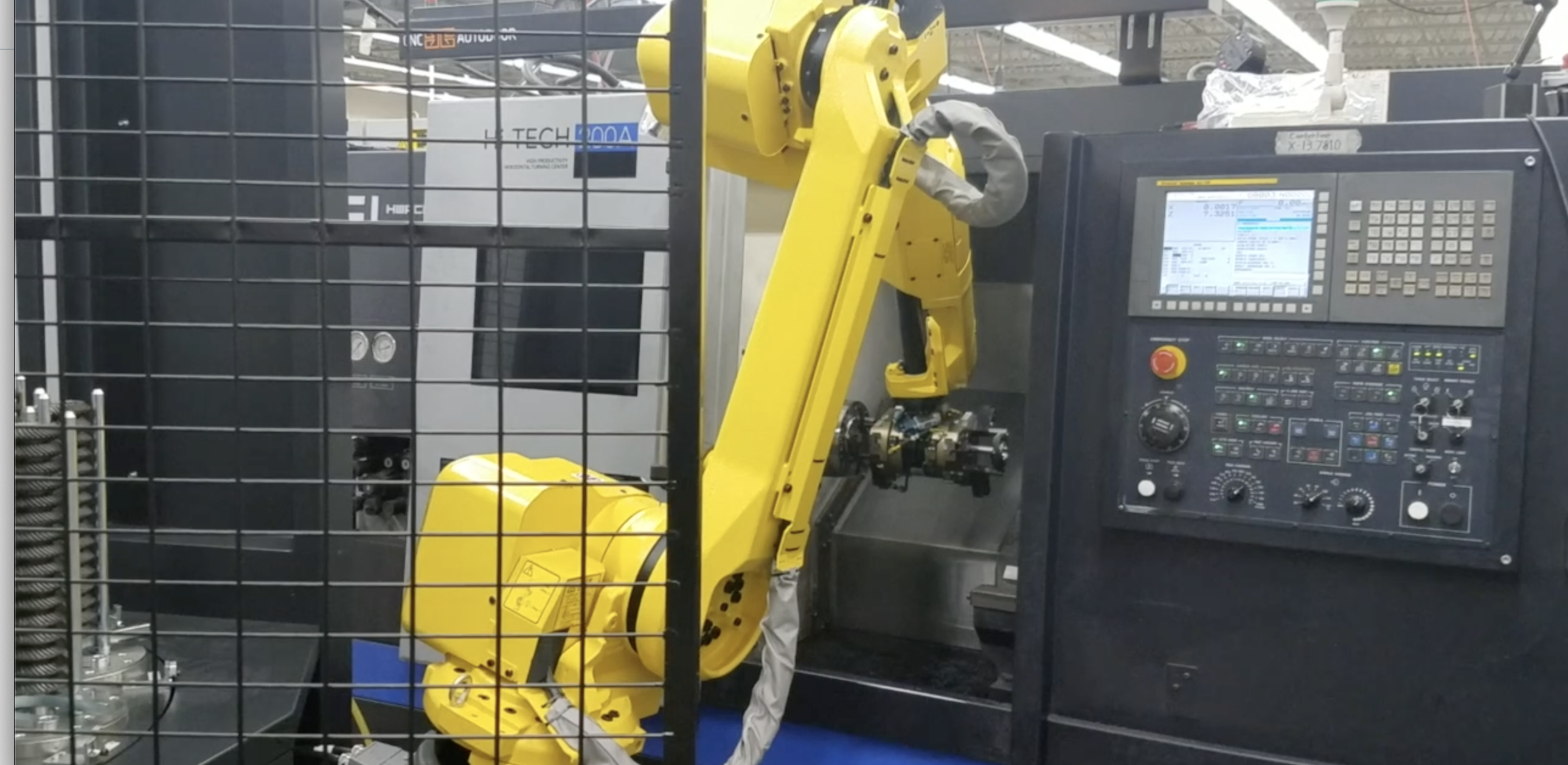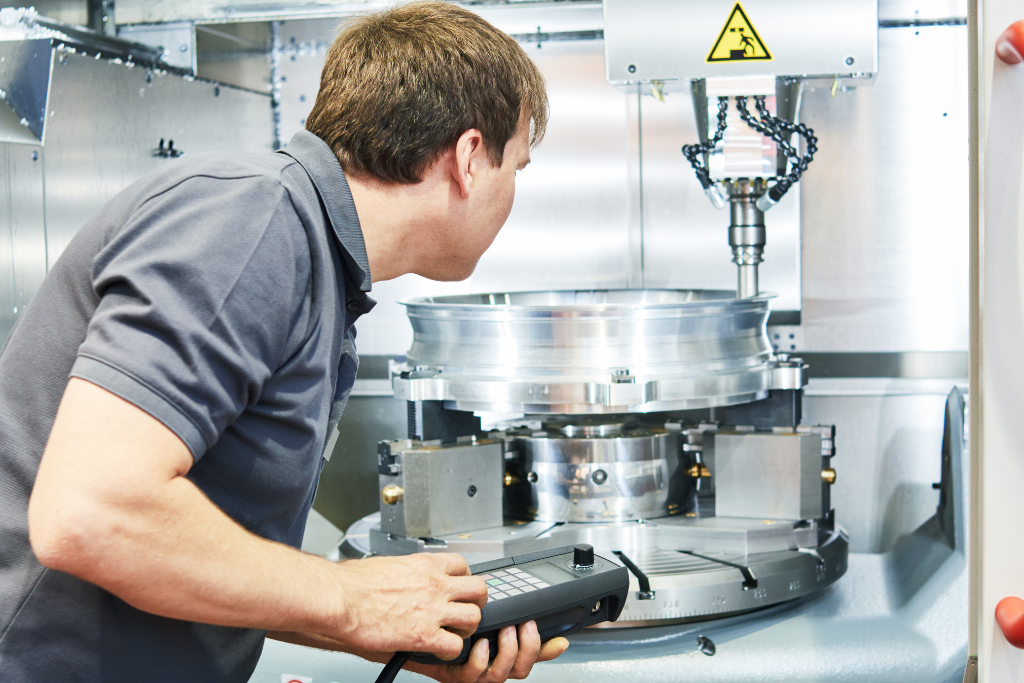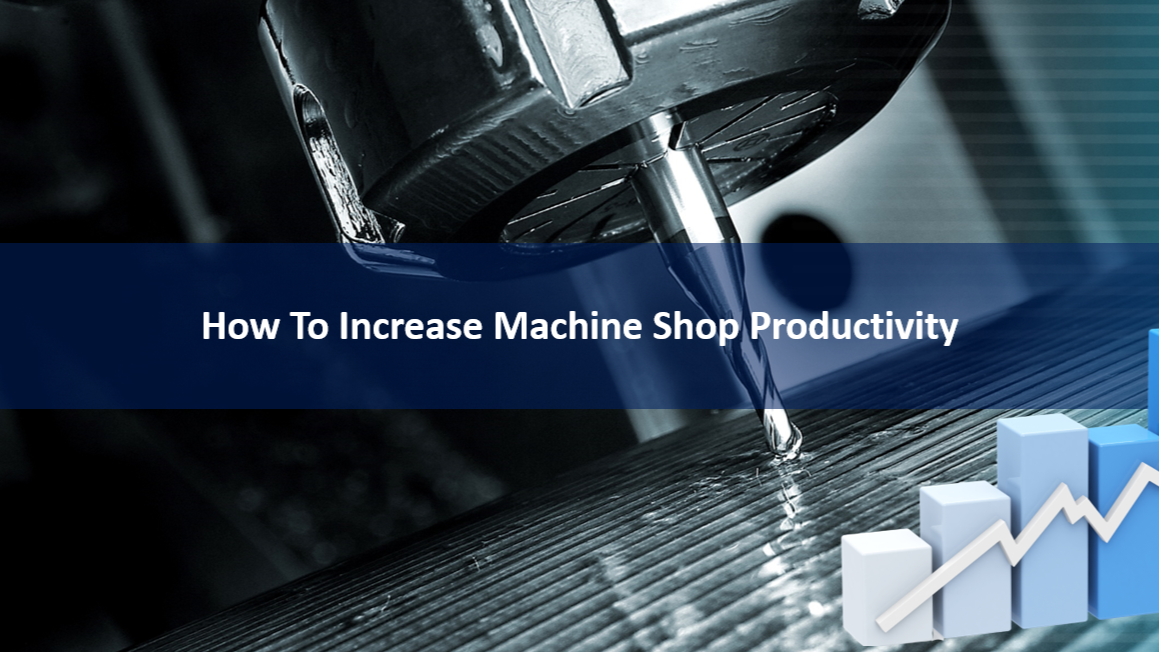CNC vs Conventional Lathes
Lathes are used in a variety of manufacturing applications. They can be used to produce parts and products ranging from small automotive parts to large turbine blades.
While conventional machining principles are the foundation that manufacturing is built on, industrial manufacturing has become more sophisticated and agile than ever before. Today’s machine shops and manufacturing facilities will often use either conventional or cnc lathes or both depending on the output required.
Here we break down the difference between a conventional lathe and CNC lathe and some of the most suitable applications for both.
1. Conventional Lathe
Any person who has taken a basic shop class or was a journeyman apprentice probably understands the fundamentals of a conventional lathe. While most lathes today don’t operate like the one captured here from 1911 (source: Wikipedia) the DiPaolo Service Team have certainly encountered some old lathes that are still in service and performing exactly as if they were new. And frankly, when we do come across one we always feel a sense of pride and nostalgia for the trade.
Requiring a human operator to run the controls, the conventional lathe is best for long production runs or short-run jobs where high accuracy is required.
2. CNC Lathes
Much more precise than conventional lathes, CNC Lathes can be programmed to produce machined parts with precision, speed and accuracy. Once the programming is established the lathe is relatively simple to operate over a conventional lathe and requires less labour, a concern for many Canadian manufacturers in the post-pandemic era of labour shortages.
One particular advantage a CNC Lathe has over a conventional one is that they are highly versatile and can produce nearly any kind of product or part.
Key Differences between CNC Lathes and Conventional Lathes
Following are the primary differences between CNC lathes and conventional lathes that industrial manufacturers should remember:
1. Cost
The capital cost of a conventional lathe is less than a CNC lathe. However, over time the ROI on a CNC lathe can be achieved more quickly as labour costs can be recovered through increased output and increased quality and accuracy. Further machine setup and changeover costs for CNC lathes tend to be reduced over time. Not to mention energy consumption; particularly if the CNC lathe is replacing an older, less energy efficient conventional lathe.
For a full understanding of the ownership costs of a CNC Lathe compared to a conventional lathe please contact us.
2. Accuracy
CNC lathes are certainly much more accurate than conventional lathes largely due to the fact that less manual labour is involved. As a result CNC lathes are the machine tool of choice for many Canadian aerospace, defense and health care manufacturers.
3. Speed & Precision
Part production is much faster with a CNC lathe over a conventional one because there is no need for manual tooling changes or multiple setups when changing from one part to another. CNC machines also have more precision than conventional lathes. They are able to produce parts with a high level of accuracy incredibly fast.
4. Experience and Skills
The experience and skills of the operator greatly impact the quality of results in conventional lathing. Operators with little experience can also operate the CNC lathing machines, making them better for operations.
5. Safety
Occupational Health and Safety is always in mind for any plant or tool room manager and CNC machines offer a level of safety that conventional lathes simply do not. Again, this is particularly the case when comparing to older conventional lathes that are still in service today.
Bottom Line
The choice between a conventional lathe and a CNC lathe depends on your production needs. If you’re looking for precision, speed and accuracy then a CNC machine may be the best option for you. That doesn’t mean that there’s no place for conventional lathes. In fact, DiPaolo Machine Tools still sells a large number of new and used conventional lathes. These workhorses are solid machine tools for turning custom pieces or small OEM production runs.


